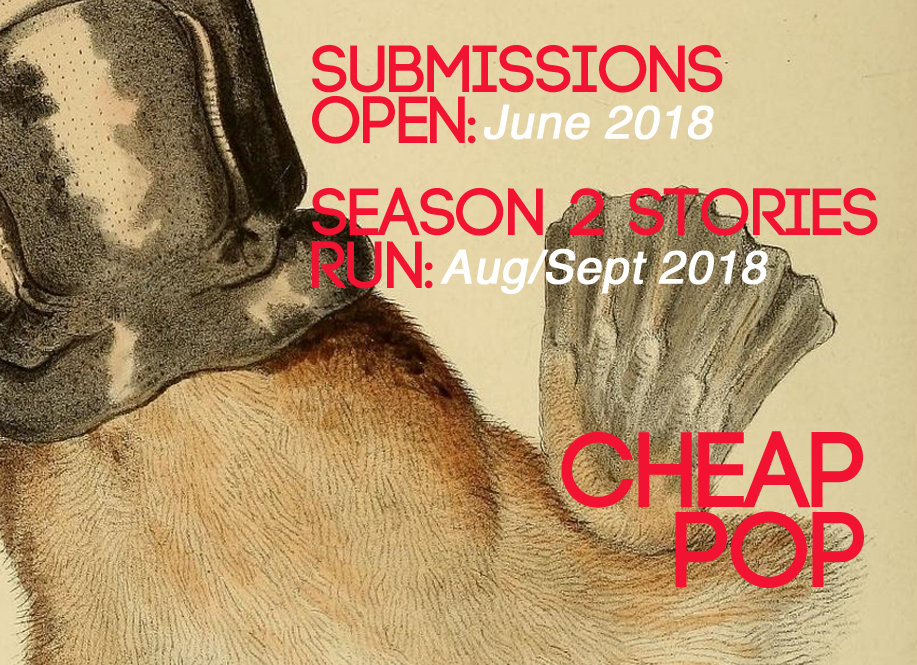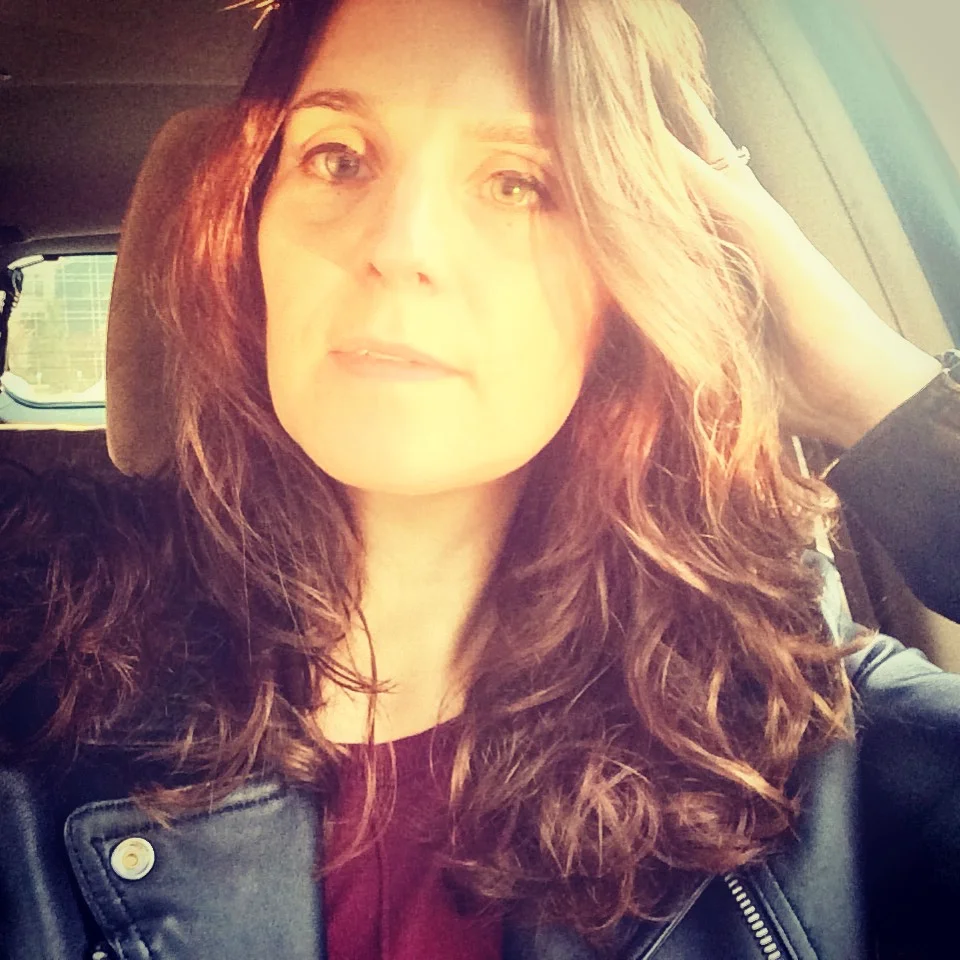NEW SUBMISSION PERIODS / PUBLICATION SCHEDULE
/Hello, friends!
We're excited to announce a streamlined submissions and publication schedule! (But, as always, for more information on what we're looking for, or how to submit—when we're open!—please check out our submissions page.)
Starting in 2018, CHEAP POP will have (2) consistent publication seasons. This also means we'll have (2) consistent submission periods. We hope this consistent schedule helps you as your write, edit, and finalize your pieces for submission.
Please note: We will not respond (accept/reject) pieces until after a submissions period is closed. You are free to query us, but our method is to read every piece we get, even ones submitted at 11:59 PM on the last day. It's important to us that every piece gets the same care and attention. This also means we generally need a small buffer of time after submissions close to read and gauge pieces.
Submission Periods
- Open the month of June Only (to be published August and September that same year)
- Open October and November (to run starting in January of the next year)
Publication Schedule
- Season 1: Pieces run mid-January to end of March/into April
- Season 2: Pieces run August and September
That means submissions will be opening in a few short months, for the month of June, so start getting your pieces ready! For all other info, click here!











